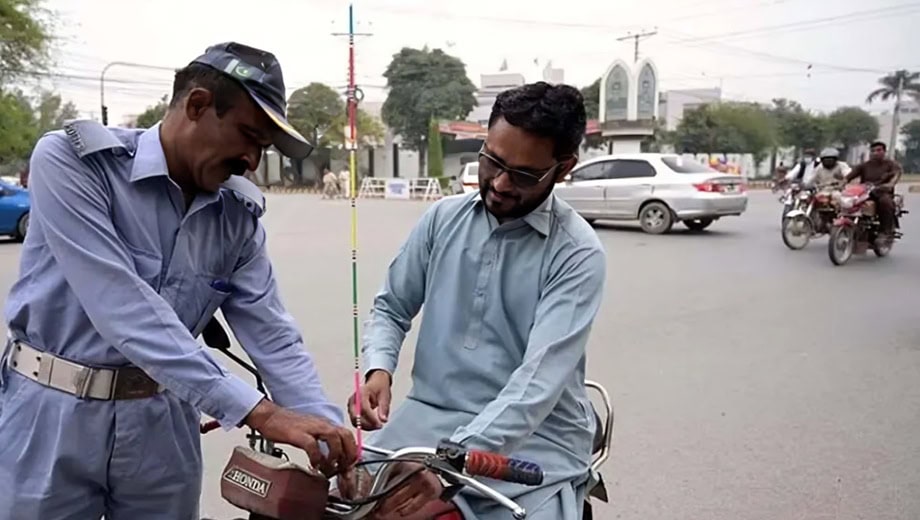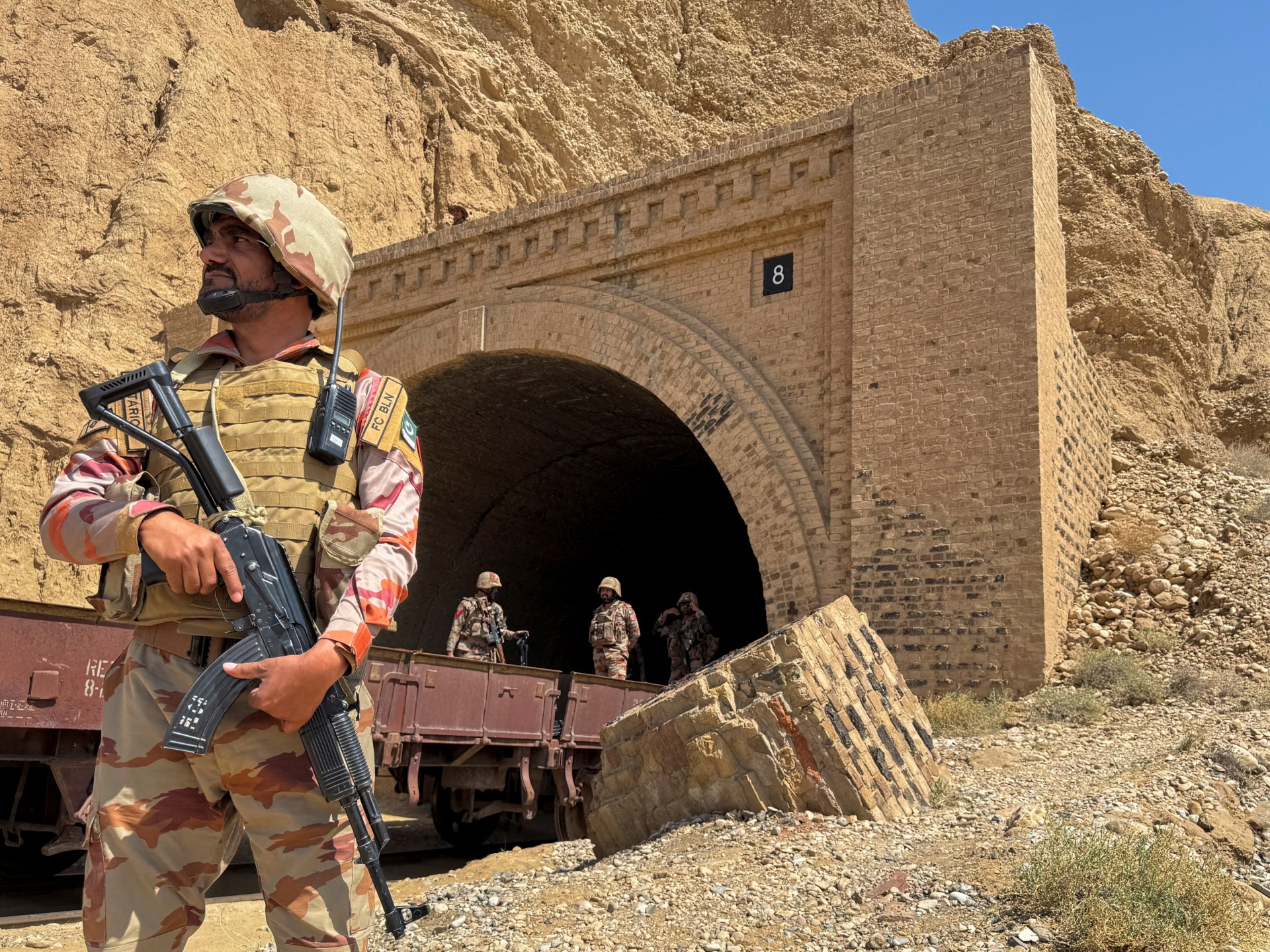- Special control room set up for Basant safety: CM Punjab RADIO PAKISTAN
- 4 Punjab districts allowed to manufacture kite-flying material to meet Basant demand Dawn
- Is Punjab getting a holiday for Shab-e-Baraat on 4th of February? Pakistan Today
- PMD…
Category: 1. Pakistan
-
Special control room set up for Basant safety: CM Punjab – RADIO PAKISTAN
-

Punjab Government Cracks Down on Motorcycles Without Safety Rods Ahead of Basant
Lahore authorities have warned that motorcycles without safety rods will face fines and may be impounded ahead of Basant. Safety rods are being installed across the city under the “Safe Basant” campaign, with free rods available at safety…
Continue Reading
-

Pakistan, Libya affirm shared intent to promote peace and stability
Libyan Arab Armed Forces deputy commander-in-chief also meets Chief of the Naval Staff Admiral Naveed Ashraf
Libyan Prime Minister Dr Osama Saad Hamad calls on Prime Minister Shehbaz Sharif in Islamabad on February 3, 2026. Photo: PTV/X
…Continue Reading
-
PM Shehbaz reaffirms Pakistan’s commitment to fostering friendly ties with Libya – Dawn
- PM Shehbaz reaffirms Pakistan’s commitment to fostering friendly ties with Libya Dawn
- CDF Munir, Libyan military chief discuss security, professional cooperation Geo News
- Air chief resolves to strengthen professional cooperation with Libyan Air…
Continue Reading
-
PM Shehbaz calls for continued dialogue, engagement with Libya – RADIO PAKISTAN
- PM Shehbaz calls for continued dialogue, engagement with Libya RADIO PAKISTAN
- Pakistan, Libya to deepen defence ties Dawn
- Pakistan, Libya affirm shared intent to promote peace and stability The Express Tribune
- Air chief resolves to strengthen…
Continue Reading
-

Why peace remains elusive in Pakistan’s troubled Balochistan | Conflict News
Islamabad, Pakistan – Stretching across Pakistan’s southwestern border, the mineral-rich province of Balochistan is the country’s largest and poorest region, and the site of its longest-running sub-national conflict.
Balochistan’s…
Continue Reading
-

Kite flying allowed only in Lahore during three-day Basant festival, clarifies CM Maryam
Punjab Chief Minister Maryam Nawaz addressing an event at the Basant control room on precautionary measures in Lahore on February 3, 2026. — YouTube/Geo News/screengrab - Foolproof security measures made for…
Continue Reading
-

Punjab govt activates emergency plan
LAHORE: Following directives from Punjab Chief Minister Maryam Nawaz, the provincial emergency services department has activated a special emergency plan for the Basant festival, ARY News reported.
According to reports, additional resources have…
Continue Reading
-
Achakzai seeks PM Shehbaz’s intervention for Imran’s medical examination by ‘trusted’ doctors – Dawn
- Achakzai seeks PM Shehbaz’s intervention for Imran’s medical examination by ‘trusted’ doctors Dawn
- Imran, wife’s pleas accepted for medical check-up The Express Tribune
- Imran Khan shifted to Pims on his own request for eye procedure,…
Continue Reading
-
Achakzai seeks PM Shehbaz’s intervention for Imran’s medical examination by ‘trusted’ doctors – Dawn
- Achakzai seeks PM Shehbaz’s intervention for Imran’s medical examination by ‘trusted’ doctors Dawn
- Imran was taken to PIMS on own request, Azam Nazeer Tarar tells Senate The Express Tribune
- Health facilities being provided to PTI Founder…
Continue Reading